New Friends, New Places, New Activities- How to Help Your Child Adjust to the New Experience of Camp
It’s okay if your child doesn’t like camp after the first day. It takes time to adjust to any new experience, especially to new environments and new people. Ann and Hobie Woods Owners and Directors Roughing It Day Camp for the past 42 years say, “We find it takes about a week for most children to adjust [to camp] and really feel comfortable.” As a parent there are a few things you can do to assist in the adjustment. How? Here are some ideas:
- Chat with your Child about camp. There is no better way to find out how things are going than to ask. Sit down with your child and talk to them about how they feel about their camp experience. Choose a time when your child will not be distracted and is not too tired or hungry to have the discussion.
- Ask Positive Questions. Be encouraging and positive when discussing camp with your child. Ask questions like “Was there anything that made you really happy today at camp?” or “Did you meet anyone new at camp today?” Keeping the conversation positive will help your child feel support from you, and your enthusiasm will assist in helping them to form their own positive emotions about the experience.
- Talk about friends. Ask your child about the new people they have met at camp. Camp is a social place and knowing how your camper is feeling about the social situation at camp may give you insight as to how to help them deal with any challenges, or celebrate their successes. Ask about how they feel as part of their camper group, or ask if they have made any new friends. This is a great way to assess how your camper is adjusting to camp.
What if your child is unhappy with camp?
Sometimes children are unhappy with their camp experience at first, but that doesn’t mean they have to remain unhappy. Here are some tactics you can use to fish out the reason for your child’s unhappiness:
- First, to help get to the root of what is making your child unhappy with camp, be encouraging and find out the specifics of the situation or issue.
- Ask questions related to specific activities, groups, friends, and staff to hone in on where the trouble is. Could it be your child felt left out when his group played soccer? Or perhaps your daughter felt like she wasn’t heard during a group discussion. Speak positively to your child about the possible scenarios that may be causing the issue.
- Once you have figured out what the issue is you can brainstorm with your child how to best solve the problem and create an action plan together. Here’s how to make an action plan:
- What is the Issue: First break down the issue at hand and try to identify what is that is really causing the child to feel unhappiness. Perhaps your child says she didn’t feel included during the group game of tag. As you talk to her more you may find out that the real issue is she doesn’t feel like she has made any connections or new friends.
- Make an Action Plan: Once you have narrowed down the issue, you can provide meaningful ways for your camper to resolve the issue or come up with actionable steps that will lead to solving the problem. For example with the camper who felt left out of the game of tag, but the real issue is she feels disconnected from the group because she doesn’t feel like she knows any of her group members you could suggest she sit next to one of he group members the next day and make an effort to say hi. You can brainstorm with your camper as to how she could start the conversation. She could compliment another camper on a job well done the other day during the game of tag, or point out how much she likes the other camp’s friendship bracelet.
- Take the Action Plan to Camp: Have your camper take her action plan with her to camp the next and implement the plan. Have your camper try out the action plan for a few days. Improvement sometimes is slow and steady, but each day notice how your camper is feeling toward camp.
- Contact Your Counselor or Camp Director: If after a week (for longer camps) or a few days (for shorter camp sessions) your child is still feeling unhappy, or the issue has not resolved, it would be a good time to talk with your child’s counselor and bring the issue to light. Often a counselor can assist a camper more directly during the day at camp and help motivate the camper to continue trying. If the counselor is unable to assist in resolving the issue it is a wise idea to contact your camp’s Director. The Camp Director can provide further guidance for both the counselor and parent as well as the camper to ensure the outcome is positive and successful.
What Do If Your Child is Afraid:
If your child is afraid, or has a fear of something at camp, there are a few tactics you can follow and use to assist your child to work through the fear.
- Acknowledge the fear or what your child is afraid of and talk to your child about it. Get as much detail as possible so you can work with the camp and your child’s counselor.
- Contact the camp and speak with your child’s counselor. Explain the issue and what specifically your child is fearful of. If your child’s counselor is aware of the issue he or she can assist your child better at camp with additional positive encouragement, support, and care.
- Watch first. If the issue is revolving around trying a new activity see if your child may watch the activity first, before jumping into trying it. Sometimes it is helpful for children to have the control as to when they feel comfortable getting involved with an activity. This helps the child work at their own pace.
- Encourage and empower your child to try. Your child’s counselor will give positive encouragement and empowerment while at camp, but at home it is important that same message is being communicated by the child’s parent. It is always powerful for a parent to say to their children, “I believe you can do it.” The more positive encouragement the child receives the quicker they will gain confidence and willingness to try.
- Don’t write a note excusing your child from an activity. Excuse notes only fill a child with further affirmation that they are not capable, and make it more difficult for you and your child’s counselor to continue working with your child on the issue. Just say “No” to writing an excuse note.
Now, what if you have a safety concern? Contact your camp immediately and talk with the camp director or a camp administrator about your concern. Contact your camp early, as most camps prefer to hear from parents early on if a camper if having a hard time at camp. That way they have more opportunities to work with your child and resolve the issue.
Perseverance and resiliency are important life skills that children can develop at camp. Camp gives children opportunities to work through fears and learn to approach new experiences confidently. Together parents and camps can provide children with amazing opportunities of growth, empowerment, and maturity.



